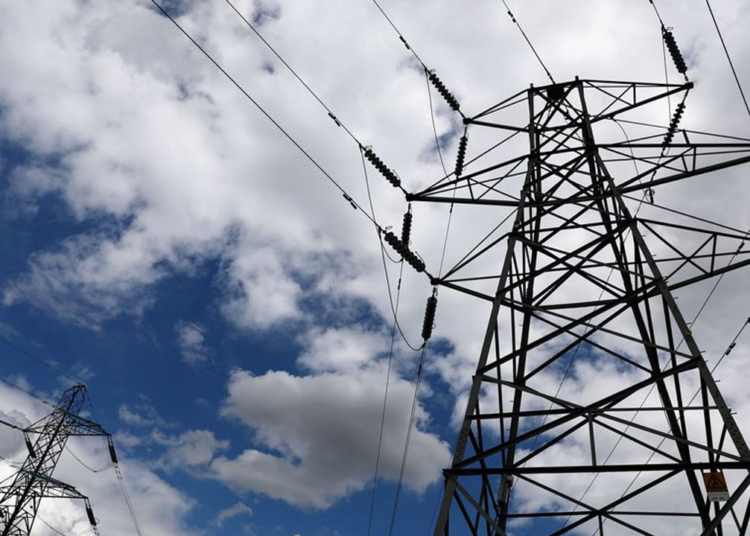In a move to enhance the efficiency and reliability of Nigeria’s power sector, the federal government has inaugurated the board and management of the Nigerian Independent System Operator of Nigeria Limited (NISO), marking the commencement of its operations.
This follows the unbundling of the Transmission Company of Nigeria (TCN) into two separate entities namely the NISO and the Transmission Service Provider, (TSP)
Under the new structure, TSP will oversee TCN’s physical infrastructure, including transmission towers, power lines, and substations while the NISO will take charge of system operations, managing load allocation from generation companies to distribution companies and eligible customers.
Speaking at the induction ceremony organised by the Bureau of Public Enterprises, yesterday in Abuja, the newly appointed managing director of NISO, Abdu Mohammed, referenced the passage of the Electricity Act 2023, which provides for the establishment of the Nigerian Independent System Operator.
He emphasised the organisation’s primary role in transforming the power sector to improve the availability, reliability, and quality of electricity supply to Nigerians.
“Our major responsibility in the power industry is to bring about the changes needed to ensure that electricity is consistently available, reliable, and of high quality for all Nigerians,” he stated.
Looking ahead, he said NISO aims to foster an atmosphere of transparency, discipline, and orderliness in Nigeria’s electricity sector—ensuring that all market participants in generation, transmission, distribution, and eligible customer categories operate in strict adherence to the market rules and grid code.
“The inauguration of the NISO Board and Management will usher in the qualities required to transform the power sector, just like we see in more developed electricity markets,” he said.
“This is the beginning of a journey, not a one-off event. We’re starting today, and we’re hitting the ground running,” Mohammed added.
He further disclosed that the team would visit the National Control Center in Osogbo to align operational staff with the vision, mission, objectives, and goals outlined in the Electricity Act 2023.
“We will also interface with generation companies, the Transmission Service Provider (TSP), distribution companies, and eligible customers. These interactions must be well-coordinated and managed to ensure that the generation, transmission, distribution, and utilisation of electricity are carried out according to the rules and in the best interest of Nigerian consumers.”
Mohammed expressed gratitude to President Bola Ahmed Tinubu, GCFR, for entrusting him and his team with the responsibility of repositioning the power sector.
“I also want to thank the vice president and chairman of the National Council on Privatization (NCP) for overseeing the rigorous recruitment process. Over 100 candidates applied for the position of MD of NISO, and the selection process was thorough, transparent, and competitive.”
He acknowledged the challenges facing the power sector but pledged a pragmatic and systematic approach to addressing them.
“It’s a journey, and while we are starting from somewhere, with speed and quality delivery, we will get to where Nigerians can enjoy stable and reliable electricity in the near future,” he concluded.
With the grid proving very unreliable following a series of collapses and trippings, Engr. Mohammed said: “We understand the challenges in the industry, and we’re going to tackle them pragmatically and systematically. We’re going to deal with these problems, like I said, it’s a journey, we’re starting from somewhere, and gradually, definitely with speed and quality, we shall be there to make sure that Nigerians enjoy a steady, reliable electricity supply in the nearest period”.
President Bola Ahmed Tinubu had two weeks ago appointed Dr. Adesegun Akin-Olugbade as NISO Board board chairman, with Abdu Mohammed as managing director.
The President also appointed four executive directors: Nafisatu Asabe Ali for Systems Operation, Shehu Abba-Aliyu for Systems Planning, Dr. Edmund Eje for Market Operations, and Babajide Ibironke for Finance and Corporate Services.
The non-executive directors include Engineer Lamu Audu, representing Generation; Folake Soetan for Distribution; Tajudeen Giwa-Osagie as market expert; Sule Ahmed Abdulaziz for Transmission, and Mahmuda Mamman, permanent secretary at the Federal Ministry of Power.











